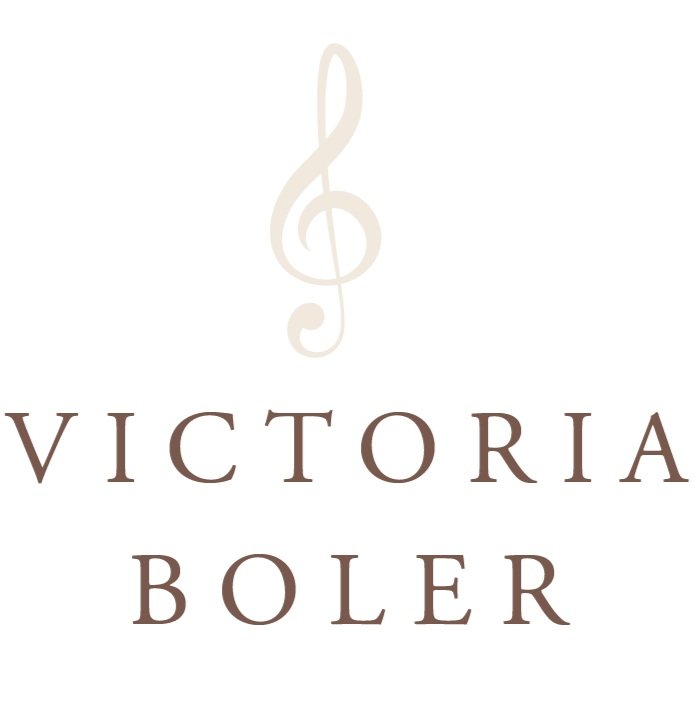Moving in Open Space
When we move in music, we actually need practice not bumping into each other! Physical awareness of our surroundings is one of those things that seems obvious, but it’s actually a learned skill.
Especially if we’re in a small space.
Non-Locomotor Movement
What do you observe about stationary movement?
Practice non-locomotor movement, as well as turning your fingers into people and moving with your fingers
Practicing Before the Movement
Model Open Space
Find examples of open space in the classroom
Find examples of closed space in the classroom
Why is it important to move in open space in music class?
We keep everyone safe
What should happen if you’re planning on moving to an empty spot and you see someone else moving there too?
Practice Open Space
Practice moving with the teacher and another student
The rest of the class uses a steering wheel to pretend they’re moving around the room while staying in their spots
Practice with larger groups and then the whole class
The teacher is the narrator
Reinforce Open Space
The teacher is the narrator
“I saw someone change directions because there was someone else moving to their same spot!”
“I saw someone walking with walking feet and looking up with their eyes”
“I can see a lot of movers on one side of the room and a few students in open space on the other side”
Training is ongoing
Recall the first time someone told you how to play recorder
Locomotor Movement: Open Space
A lot of this has to do with limiting the timeframe for moving around the room.
Walk and Stop
Performed by Ella Jenkins
Sing non-locomotor
Half the class watches, half the class moves. Switch jobs
Vary the length of the movement time (“walk and you walk and you walk and you walk and you walk….), as well as the tempo
Alter movement in open space, and “velcroing” feet to the floor
Shake / run / slide / roll
Highway Number One
Move in place (non-locomotor) and pretend to drive
Practice driving and stopping
Hey Betty Martin
Sing and freeze
Down to the Baker’s Shop
Sourced from Holy Names database
Sing non-locomotor
Move on the movement words, stand still on the non-movement words
Bubblegum Bubblegum
Play the game (seated, non-locomotor)
Put your body in a bubble
Play game while walking around the room (the teacher goes around seating chart or points to students as they walk)
When you’re out, keep a steady beat on an unpitched percussion instrument
Rhythm Movement Echoes: Zapatitos Blancos
Speak and play game
The teacher claps combinations of long and short sounds. Students tiptoe and step around the room as an echo
The teacher claps combinations of long and short sounds. Students improvise their own response with tiptoes and steps

